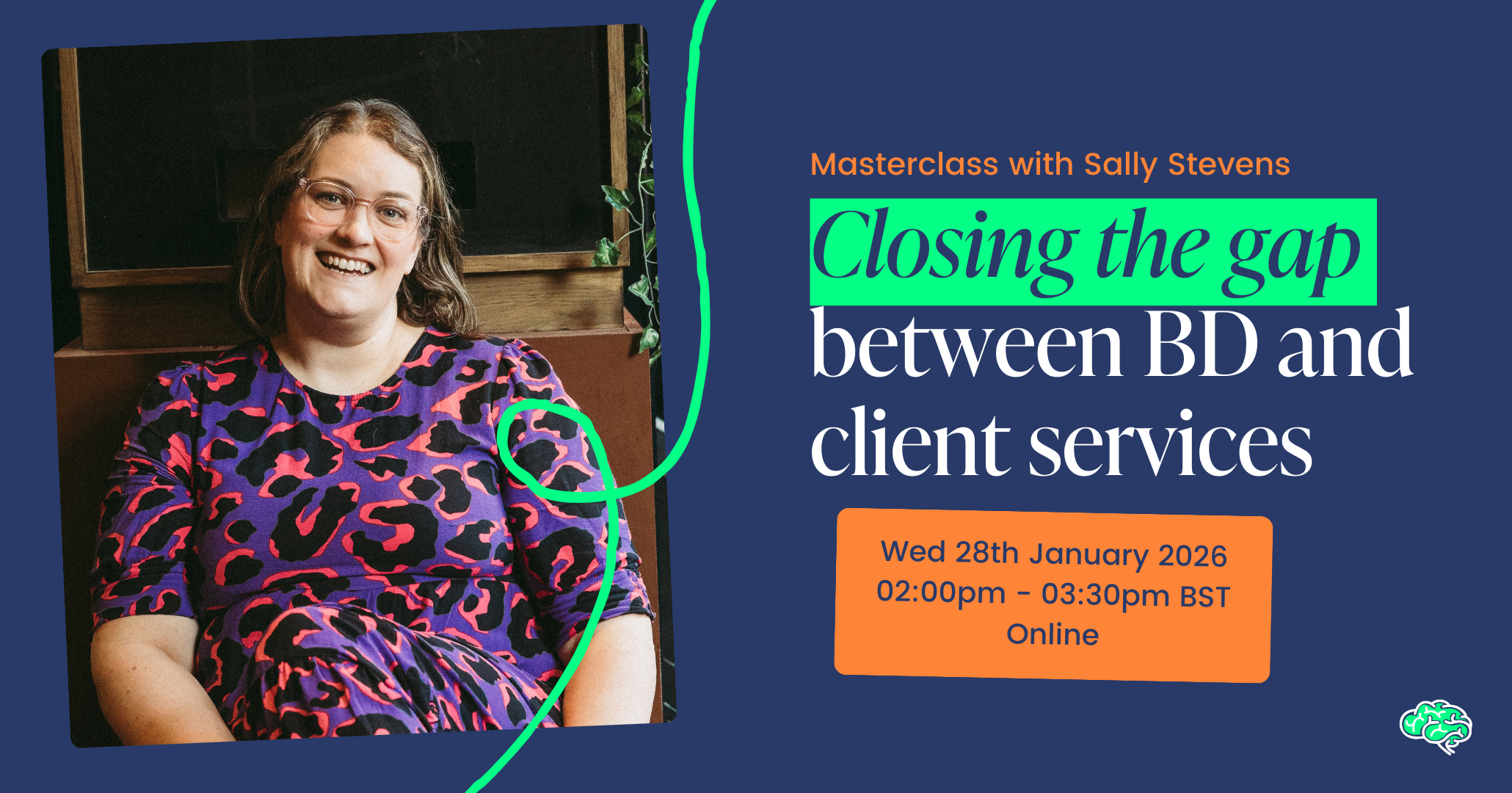
Business development for founder-led firms
Ditch the growth grind,
Find your Gray Matter
Most sales is all CRM, and no soul
Our clients come to us looking for consistent leads without the referral rollercoaster, the risk of an unproven BDM hire, or the gamble of a soulless outsourced agency. They leave with a sales process wired into muscle memory and a unique selling proposition that turns leads into buyers.
We turn your edge into your growth engine
We help founder-led businesses master the fundamentals while discovering their unique hook. Your software captures the data, your story captures attention. Together, your clients aren’t just investing, they’re invested.
HOW WE WORK
Part sales, part creative, part marketing
We’ll do the strategic heavy lifting, the creative thinking and the stuff your marketing team keeps avoiding. Then we build a system that runs so smoothly we step out of the picture.
Stop being a best kept secret
Ready to get growing? Of course you are. You were born ready.
These agencies stopped winging it. Now their systems do the selling.
Blog: Gray matters fuel
Where business development gets real.
Upcoming Masterclasses & Events
•
Upcoming Masterclasses & Events •
The Masters
The training platform where founders master business development through expert-led programmes and proven frameworks.
Learn the skills, strategies, and systems that turn hesitant prospectors into confident business winners.































